Pride is still important in 2024 - Especially for LGBTQ+ young People in Ireland
Pride in oneself is the antidote to shame - this was the idea the organizers of the original LGBTQ+ Pride celebrations had, and it is still relevant today. We know from psychological research that internalized shame can cause a myriad of mental health issues, behavioural concerns, and can even impact our physical health. I have seen some ask what the “point” of Pride celebrations are in 2024, especially now that marriage equality is the law of the land. My answer as a psychologist (and member of the community) is that we are seeing an epidemic of mental health concerns in LGBTQ+ people, and especially in young LGBTQ+ people. According to research published this year by BelongTo and Trinity College, 72% of Irish LGBTQI+ young people aged 14 to 18 have self-harmed. 77% have experienced suicidal thoughts, and one-third have had a previous suicide attempt.
I would gently challenge you to really consider why this might be. There is nothing fundamentally different about LGBTQ+ people at a biological or neurological level that could explain this level of reported distress. What is fundamentally different is the social and political reality of living in an increasingly hostile world for LGBTQ+ people. Just this past week, national headlines reported that gay men were “hunted with knives” in the Phoenix Park. The past few years have been full of similar headlines, some focused on harmful rhetoric against the community such as the library protests in Cork, while others highlighted the physical threat posed by LGBTQ+ people for simply existing, such as the threats made to the organizers and potential attendees of the recently cancelled teen Pride Disco in Wicklow, or the horrific murders of Aiden Moffitt and Michael Snee in Sligo.
You might be saying to yourself: “people who espouse harmful rhetoric or commit violent acts are a tiny minority of the population”, or that: “while horrible, these headline-grabbing acts are very rare.” The problem with using that logic is that as humans, our emotional world is often not based in logic or statistics. The problem is that these issues don't feel rare. For anyone who has experienced homophobia or transphobia, even on a “casual” level, these headlines remind us of how chaotic living in this world can be for our community, and how quickly we can be under threat just for being our authentic selves. This threat can cause one to try to stay hidden, to stay in the closet, to internalize the shame which some elements of society want us to feel. To erase ourselves and our identity. These threats can feel amplified for young people, especially those who are particularly vulnerable or isolated.
I did not personally know Aiden Moffitt or Michael Snee, but I did attend their vigil in Dublin. I wept for them with strangers, because I knew what happened to them could have happened (and could still happen) to any one of us in the crowd. It could happen to the LGBTQ+ kids growing up in a hostile world. It could happen to my friends. It could happen to my husband. It could happen to me.
Another attention-grabbing headline this year:
The American FBI and Department of Homeland Security have issued a warning that Pride celebrations around the world may be “exploited” by terrorist organizations. This is another threat for the community to navigate, and might lead some to feel tempted to simply not go to Pride, to hide, to keep oneself safe. I would absolutely empathize with anyone who determines for themselves that attending a Pride celebration this year is not worth their own personal safety. However, I believe this only further highlights the importance of attending. Going to your local Pride celebration, despite these threats, is an ongoing act of political and social resistance. It is a way of demonstrating community resilience. It is a way of saying that we will not be erased from society. We will not be forced to carry shame in ourselves simply for being who we are. We will not be bullied back into the closet.
Perhaps most importantly for me this year, attending Pride is a way to instill hope to the young people in the community - whose parents might not even know about their identity or allow them to attend - that we are here. We want to show them positive representations of the community and alternatives to the scary headlines they might be reading. We can demonstrate to them that we are stronger when we stand together and support one another. That we aren’t going away, we aren't going to hide, and together we are trying to make the world a better place for them.
Marriage equality was not the end of the fight for LGBTQ+ rights. While a major victory to be sure, there is still a lot of work to be done. We will continue to fight for a society that is equitable, safe, and inclusive for all. Where LGBTQ+ people have access to healthcare, housing, and employment. We will continue to show young people - of any background, sexual orientation, or gender identity - that there is no shame in being your authentic self.
So this year, whether you choose to attend Pride or not, and whether you even identify as part of the LGBTQ+ community or not, remember to be proud of yourself. If you have ever struggled with shame or self-doubt, take a moment now to reflect on your strengths, your ability to overcome challenges, and remember to talk to yourself in the way you would speak to your best friend. Remind yourself that you are valid, and you are valued. Let pride in yourself be the antidote to shame, and if you feel safe to do so, come celebrate that pride with us.

